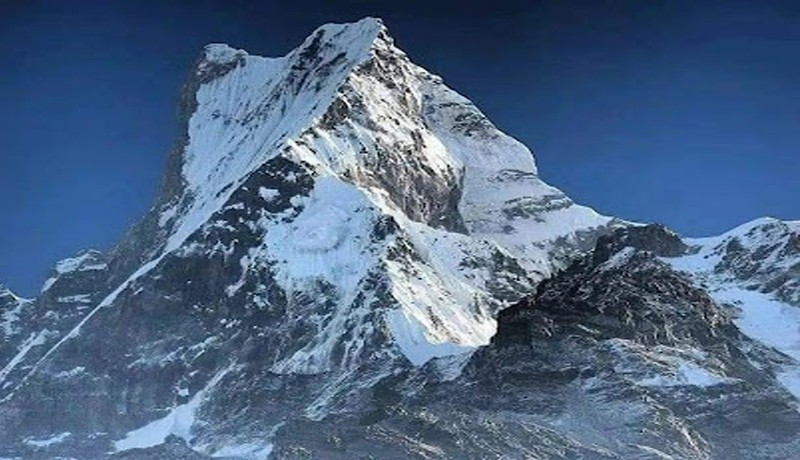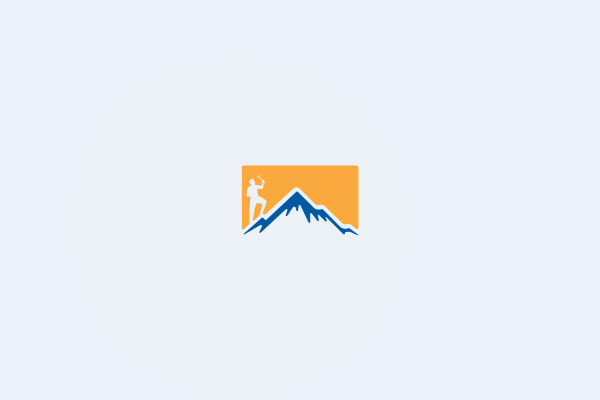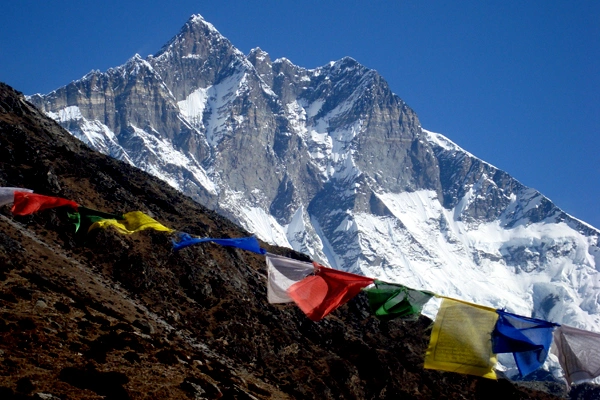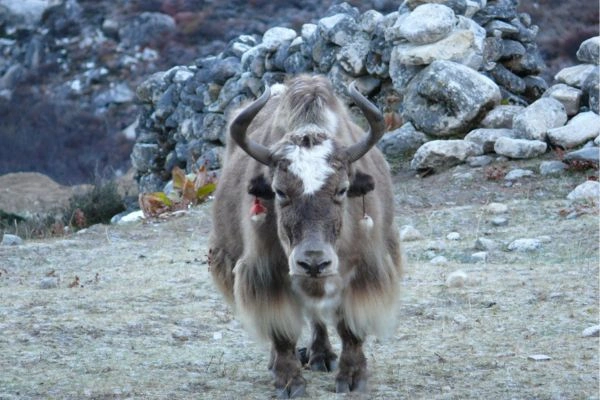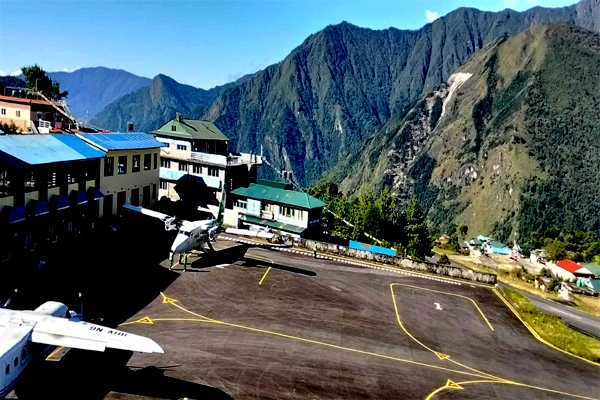Mardi Himal Trekking in March –
The spring season (March to May) is widely regarded as the best time to trek to Mardi Himal. Nestled in the Annapurna region of Nepal, the Mardi Himal Trek is a hidden gem offering stunning Himalayan views, a peaceful atmosphere, and diverse landscapes—ranging from subtropical forests to high alpine terrain.
If you're planning to trek Mardi Himal in March, this in-depth guide covers everything you need to know, including weather, permits, transportation, itinerary, accommodation, meals, cost, and trekking tips.
Mardi Himal Trek Overview
The Mardi Himal Trek takes you to the base of Mardi Himal (4,100 meters), a spectacular peak lying just south of the Annapurna Massif. This moderate-level trek is suitable for trekkers with a basic level of fitness and offers magnificent views of Annapurna, Machapuchare (Fishtail), and Hiunchuli.
Trek Highlights
- Diverse Terrain: Traverse dense rhododendron forests, terraced farmlands, and high alpine pastures.
- Unmatched Mountain Views: Enjoy close-up views of Annapurna, Machapuchare, and Dhaulagiri.
- Serenity: Far less crowded than other Annapurna treks like ABC or Ghorepani, offering a more tranquil experience.
- Cultural Encounters: Meet the indigenous Gurung and Magar communities and experience their unique traditions.
March Weather Conditions
March marks the beginning of spring in Nepal, with clear skies and moderate temperatures ideal for trekking.
- Daytime Temperatures: 10°C to 15°C (50°F to 59°F) at lower elevations
- Nighttime Temperatures: Can drop to -5°C to -10°C (23°F to 14°F) at higher altitudes
- Weather: Mostly clear skies with mild, dry days and cold nights
- Snow: Snow is still possible at higher altitudes, especially early mornings, but usually manageable
Transportation to the Trailhead
The trek begins at Kande or Phedi, both easily accessible from Pokhara.
From Kathmandu to Pokhara:
- Tourist Bus: 7–8 hours from Sorakhutte, Kathmandu; departs at 7:00 AM. Cost: Approx. USD 10.
- Flight: 25–30 minutes; ideal for saving time. Cost: Approx. USD 100 one-way.
From Pokhara to Kande or Phedi:
- Local Bus/Shared Jeep: 30–45 minutes
- Private Jeep: More comfortable and faster, especially if traveling in a group
Accommodation & Food on the Trail
Teahouses
Basic but comfortable teahouses are available along the trail. They offer shared rooms, warm meals, and a cozy environment.
Meals
Typical food includes:
- Dal Bhat (rice with lentil soup and vegetables)
- Momos (dumplings)
- Fried rice, noodles, pasta, and potatoes
Facilities
-
Wi-Fi, hot showers, and charging are available at some lodges, but may incur extra charges and are not always reliable.
Trekking Costs
Trekking costs depend on whether you go independently or hire a guide/porter.
1. Independent Trekking:
- TIMS Card: USD 20
- ACAP Permit: USD 30
- Accommodation: NPR 300–800 per night
- Meals: NPR 500–900 per meal
- Total Estimated Cost: USD 500–600 (5–7 days)
2. Trekking with Guide/Porter:
- Guide: USD 25–30/day (including wages, food, and accommodation)
- Porter: USD 15–20/day
- Full Package Cost: USD 700–900, including permits, transport, accommodation, meals, guide/porter services
Required Trekking Permits
You need two permits:
TIMS Card (Trekking Information Management System): USD 20
ACAP (Annapurna Conservation Area Permit): USD 30
These can be obtained in Kathmandu or Pokhara.
Sample Mardi Himal Trek Itinerary (5–7 Days)
Day 1: Drive Pokhara to Kande → Trek to Australian Camp (2,060 m)
Trek time: 1.5–2 hours
Day 2: Trek to Forest Camp (2,500 m)
Trek time: 5–6 hours
Day 3: Trek to Low Camp (3,150 m)
Trek time: 4–5 hours
Day 4: Trek to High Camp (3,700 m)
Trek time: 4–5 hours
Day 5: Early hike to Mardi Himal Base Camp (4,500 m) → Return to High Camp
Trek time: 7–8 hours round trip
Day 6: Trek back to Forest Camp
Trek time: 5–6 hours
Day 7: Trek to Australian Camp → Drive to Pokhara
Trek time: 5–6 hours + 30 min drive
What to Pack
- Clothing: Layered outfits, including a down jacket, thermal base layers, fleece, and a rainproof outer shell
- Footwear: Durable trekking boots with ankle support
- Sleeping Bag: Rated for -10°C
- Water Purification: Tablets or portable filter
- Snacks: Energy bars, trail mix, nuts
- Personal Medications: First aid kit, altitude sickness tablets, prescribed meds
Additional Tips
- Altitude Sickness: Though the elevation isn't extremely high, AMS is still a risk above 3,500 meters. Ascend slowly and hydrate well.
- Guide/Porter: Hiring one enhances safety, supports the local economy, and adds cultural insights to your trek.
- Booking in Advance: During peak seasons, guides and porters can be in high demand. Booking early through a local operator like Nepal Spirit Adventure ensures a hassle-free experience.
- Seasonal Jobs: Guides and porters often rely on seasonal trekking jobs—early bookings help them secure income.
Need Help or More Info?
Feel free to reach out to a trusted Nepal-based trekking agency like Nepal Spirit Adventure to help you plan your Mardi Himal adventure.
